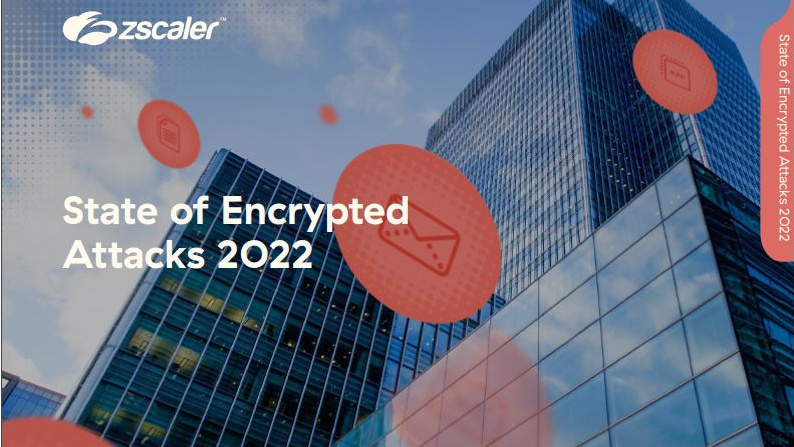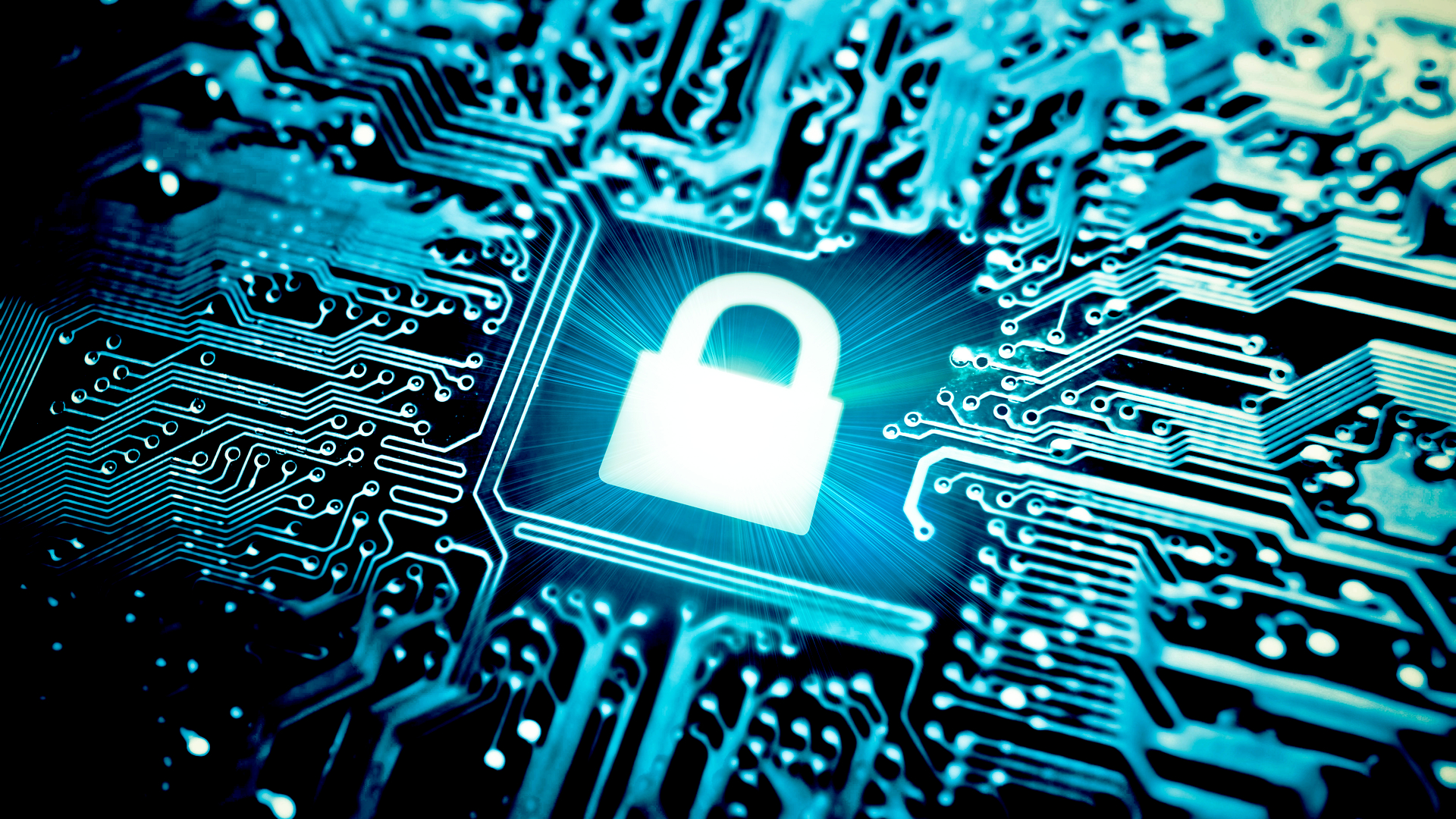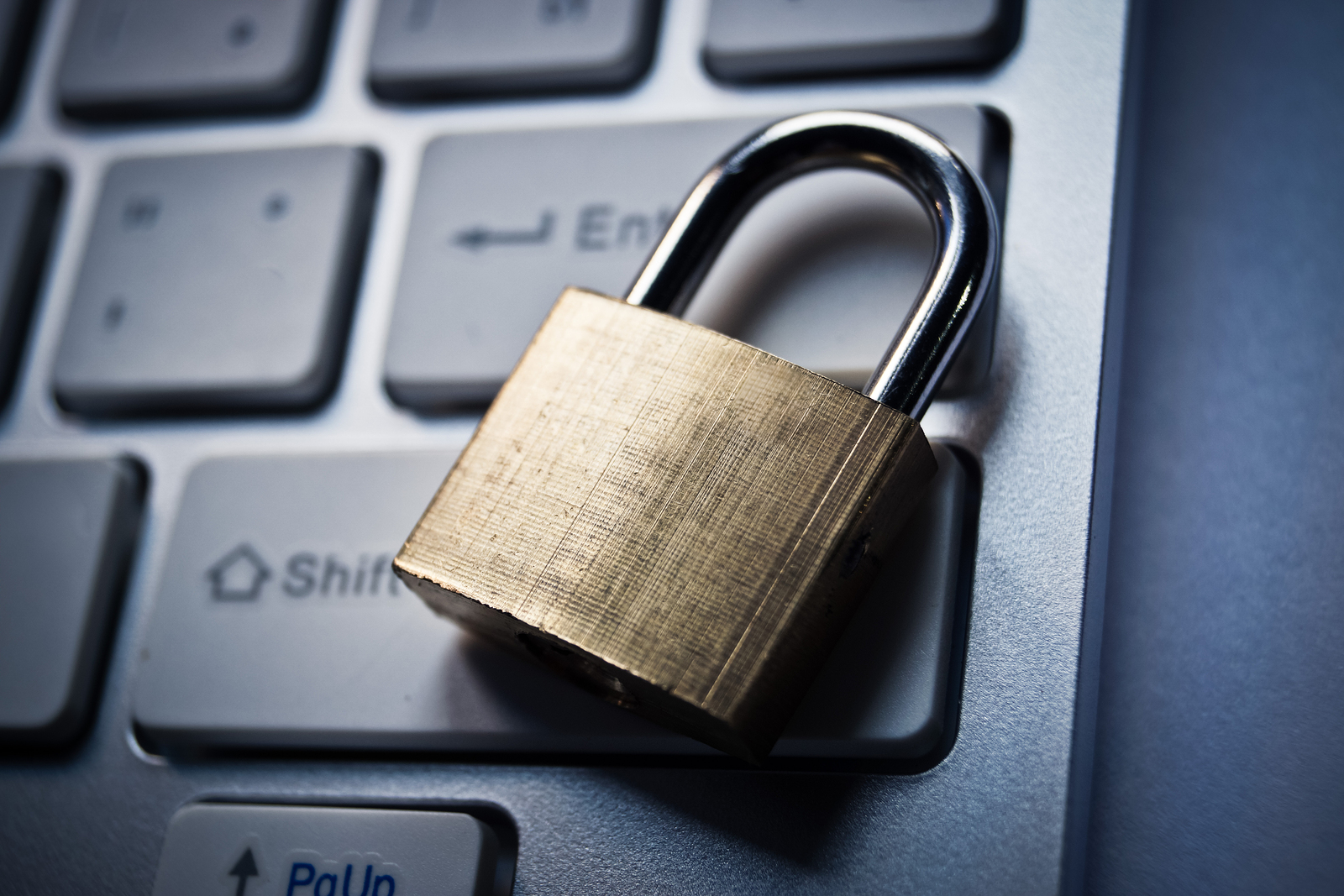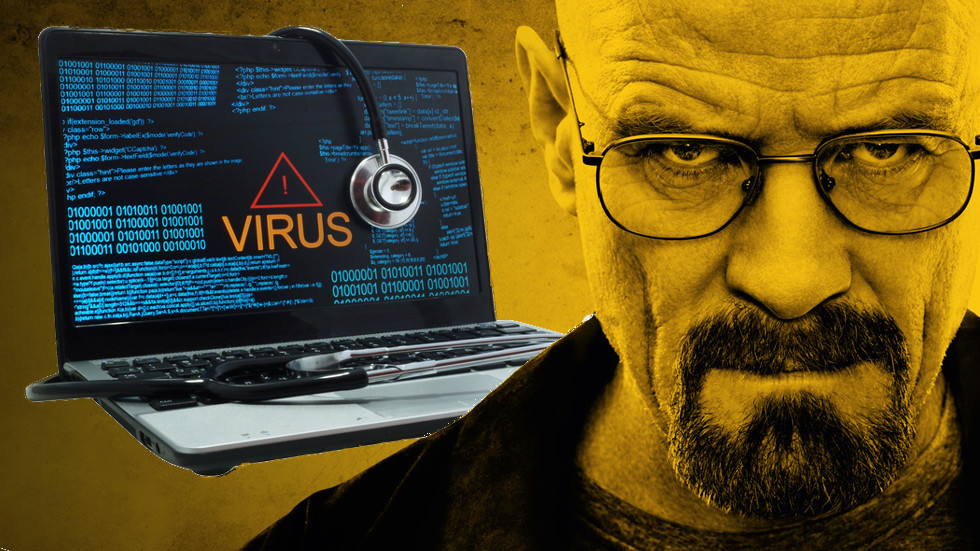How secure is Windows 8?
The latest addition to the Windows operating system family has been out for a while now, but is it secure enough for business users? Davey Winder investigates...


Windows 8 has been around long enough now for any small business considering the upgrade to know if it's a good fit for them.
However, there's one question that should always be at the forefront of any IT pro's mind when planning a move to the new operating system (OS) that, unfortunately, often isn't. And, that question is, just how secure is Windows 8?
Security assessment
Sarah Shields, executive director of consumer and small Business at Microsoft OEM partner Dell UK & Ireland, said Windows 8's new features should make the product more secure than previous versions of the OS.
A number of internal features in Windows 8 security have been improved.
The new Refresh' application that restores Windows in minutes, but will keep all personal data and vital setting secure is one of the new security features that Shields rates.
She also told IT Pro that Windows 8 should "automatically improve" network connectivity for users.
Sign up today and you will receive a free copy of our Future Focus 2025 report - the leading guidance on AI, cybersecurity and other IT challenges as per 700+ senior executives
"It will give employees enhanced mobile broadband when working away from a PC with the benefit of the system checking across the available Wi-Fi connections and automatically connect the user to the one providing the best bandwidth," she claimed.
Mark Austin, chief technology officer of Windows security software firm Avecto, said he is a fan of the new Trusted Boot' feature on Windows 8, which protects a PC's booting up process from malware attacks.
"As malware gets more sophisticated, rootkits have become more prevalent, as they can bury themselves deep in the operating system and cloak themselves from detection, often hijacking the boot process itself by overwriting the master boot record," Austin explained.
The hardware view
Joseph Souren, vice president of hardware security vendor Wave Systems, is a self-confessed fan of Windows 8 security.
"Windows 8 represents a powerful endorsement of open industry standard for hardware embedded security," he said.
"It comes in response to a constantly evolving cyber landscape, epitomised by the threat of sophisticated boot sector viruses, compliance with data protection laws, an increasingly mobile workforce and porous network perimeters.
"The new OS also brings fresh capability for the management of virtual smart cards and DirectAccess, allowing enterprise users to establish their identity using the machine as a token-for-network logon, negating the need for tens of passwords which fail to live up to the current threats we face," he added.
The Trusted Boot technology comprises three components UEFI Secured Boot, Early-launch Anti-Malware (ELAM) and Measured Boot that ensure that Windows only boots up if it is free from rootkits and other malware, Austin explained.
"It does this by only allowing trusted software to execute during the boot process and ensuring that anti-malware software loads much earlier [and] before other components and drivers," he said.
"The boot process is also validated through measurements, which are stored on the TPM chip."
Wolfgang Kandek, chief technical officer at IT security vendor Qualys, also flagged up the changes Microsoft has made to Windows Defender.
"Defender is now more comprehensive and the formerly separate Microsoft product, Security Essentials, an anti-virus package, has been integrated," he said.
"This package is included on Windows 8 by default, offering a more secure solution out of the box for end-users and SMB organisations."
However, firms that need management capabilities, such as reports on machine update statuses and alerts about neutralised malware will need to procure an enterprise malware solution, advised Kandek.
"A number of internal features in Windows 8 security have been improved. Its memory management has added randomisation, making the writing of exploit code harder," he added.
"There are also the new Windows Runtime (RT) applications that will benefit from a default Sandboxing technology, providing another layer of security against exploits by attackers."
And the downsides?
Avecto's Austin contradicts Kandek by citing the inclusion of the enhanced version of Windows Defender as a potential downside.
"Although [it] is a positive step in some respects, it has the danger of giving organisations a false sense of security, as it shouldn't be relied upon to protect against malware threats," he said.
"The nature of malware attacks has changed and more sophisticated security technology and proactive measures are required to protect against these threats.
"It is important to always take a defence-in-depth strategy to security, and to not rely solely on the built-in features of the operating system," he warned.
Kandek also sounded a cautious note about how the newness of Windows 8 could leave users exposed to security risks, as businesses tend to opt for products that are mature, stable and well-supported.
"The radical change that Windows has undergone means that small businesses will be taking more of a plunge if they move to Windows 8," he said
"The architecture of Windows RT systems is completely different and will need different processes and tools to be secured."
He also claimed some of the new security capabilities that Windows 8 offers will require certified hardware, which means older units may be unable to support improvements.
Davey is a three-decade veteran technology journalist specialising in cybersecurity and privacy matters and has been a Contributing Editor at PC Pro magazine since the first issue was published in 1994. He's also a Senior Contributor at Forbes, and co-founder of the Forbes Straight Talking Cyber video project that won the ‘Most Educational Content’ category at the 2021 European Cybersecurity Blogger Awards.
Davey has also picked up many other awards over the years, including the Security Serious ‘Cyber Writer of the Year’ title in 2020. As well as being the only three-time winner of the BT Security Journalist of the Year award (2006, 2008, 2010) Davey was also named BT Technology Journalist of the Year in 1996 for a forward-looking feature in PC Pro Magazine called ‘Threats to the Internet.’ In 2011 he was honoured with the Enigma Award for a lifetime contribution to IT security journalism which, thankfully, didn’t end his ongoing contributions - or his life for that matter.
You can follow Davey on Twitter @happygeek, or email him at davey@happygeek.com.
-
 Hackers are using LLMs to generate malicious JavaScript in real time
Hackers are using LLMs to generate malicious JavaScript in real timeNews Defenders advised to use runtime behavioral analysis to detect and block malicious activity at the point of execution, directly within the browser
-
 Developers in India are "catching up fast" on AI-generated coding
Developers in India are "catching up fast" on AI-generated codingNews Developers in the United States are leading the world in AI coding practices, at least for now
-
 ThreatLabz Report: The state of encrypted attacks
ThreatLabz Report: The state of encrypted attacksWhitepaper What's hiding in your web traffic?
-
 How to encrypt files and folders in Windows 10
How to encrypt files and folders in Windows 10Tutorials Here’s how to make your sensitive data unreadable to prying eyes
-
 The government needs to abandon its war on WhatsApp
The government needs to abandon its war on WhatsAppOpinion Encryption might seem like an easy target, but mess with it at your peril
-
 Watch: Now this is how you securely erase data
Watch: Now this is how you securely erase dataIn-depth Delete your data properly - by smashing your laptop to pieces
-
 Alan Turing's computer-generated music gets restored after 65 years
Alan Turing's computer-generated music gets restored after 65 yearsNews Decades later, you can now hear the true sound of Turing's computer
-
 Two laptops are lost on the tube every day, says TfL
Two laptops are lost on the tube every day, says TfLNews Number of lost devices has shot up by almost 80 per cent since 2010
-
 Social networks should report suspicious users, says spy boss
Social networks should report suspicious users, says spy bossNews MI5 director general calls for updated surveillance powers
-
 Symantec finds Breaking Bad-themed ransomware
Symantec finds Breaking Bad-themed ransomwareNews Better call Saul, because these hackers may have encrypted your data
